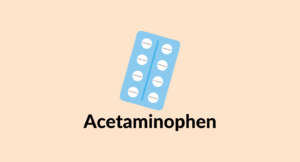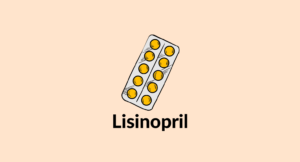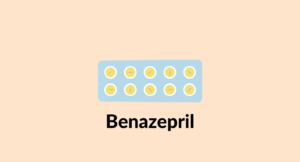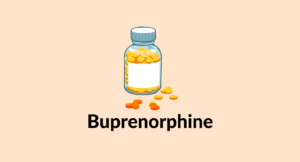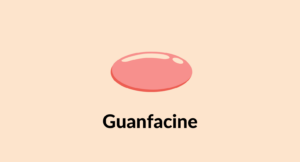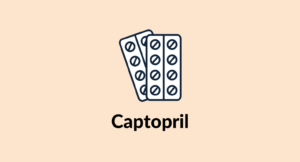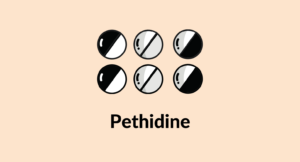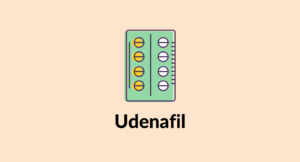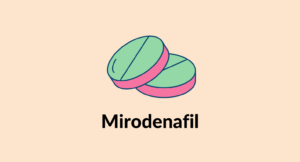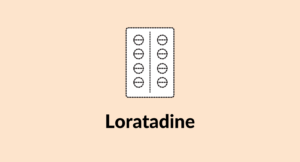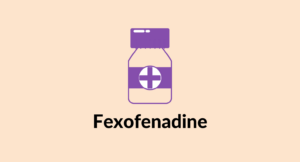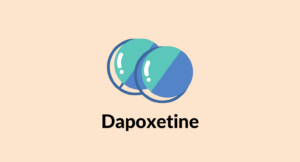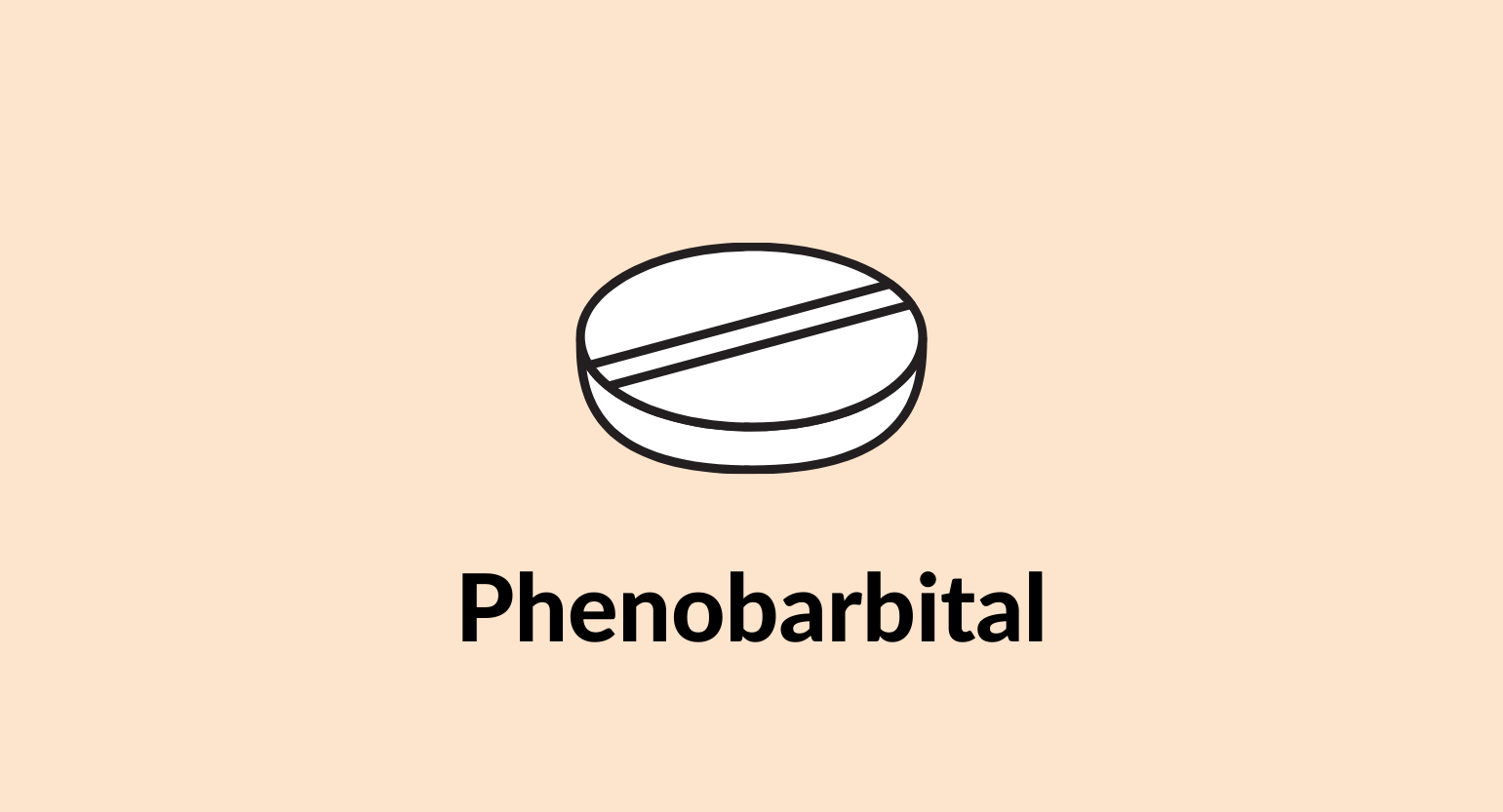
Does CBD Interact With Phenobarbital (Luminal)?
CBD may interfere with the body’s ability to metabolize phenobarbital.
This interaction is considered risky and should be avoided whenever possible.
Phenobarbital (Luminal) is a long-acting anticonvulsant drug used to treat most types of seizures. It’s one of the oldest used anticonvulsant drugs still in use today.
Phenobarbital and CBD require the same enzymes for metabolism and may therefore interact.
Taking both substances together will increase the chances of experiencing side effects — some of which may require medical attention.
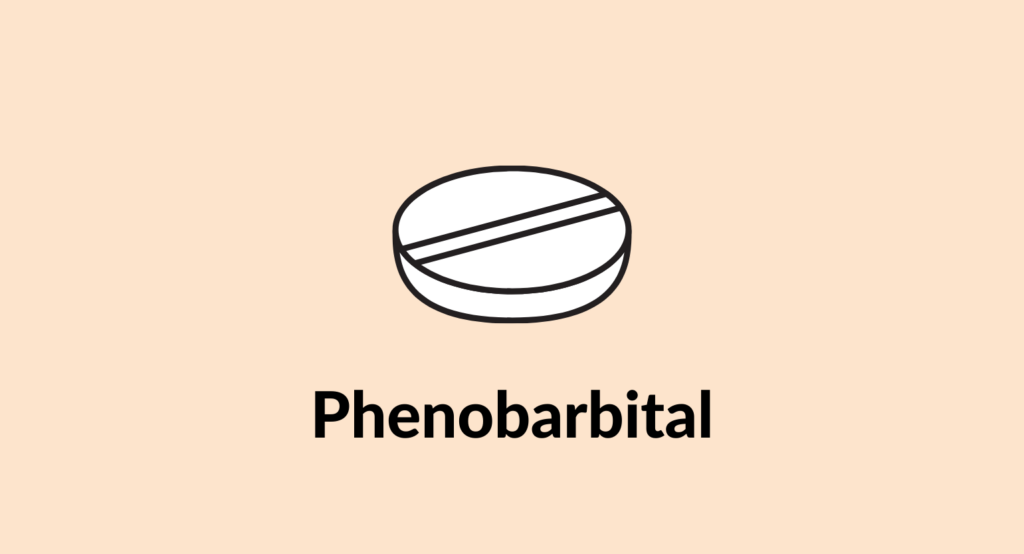
Does CBD Interact With Phenobarbital (Luminal)?
Yes. CBD can interact with phenobarbital.
CBD can increase the level of phenobarbital in the blood by slowing its metabolism and potentiating some of the side effects.
The most concerning side effects possible from this interaction are liver damage, hyperactivity, confusion, and lapses in memory.
CBD interacts with phenobarbital in two ways:
A) Increase in the Effects of Phenobarbital (Agonistic Interaction)
CBD and barbiturates exert similar effects on the body. Both compounds have an inhibitory action on the central nervous system — causing users to feel calm and relaxed in normal doses and sedated in higher doses.
If two central nervous system depressants are combined, the sedative action could become too strong — leading to side effects.
B) Slowed Elimination (Metabolic Competition)
The cytochrome P450 enzymes are responsible for metabolizing most of the drugs in the body. Several drugs may use the same enzymes for metabolism, and taking them together can cause these drugs to compete against each other for the said enzymes. This causes their metabolism to slow down.
The enzymes CYP2C9, CYP2C19, and CYP2E1 are responsible for metabolizing phenobarbital in the body. CBD also gets metabolized by CYP2C19 and CYP2C9 too, as well as other enzymes, including CYP3A4.
Because of the overlap, it’s possible that taking CBD and phenobarbital together will result in both substances competing for metabolism via the CYP450 enzymes — leading to slowed metabolism and elimination of both compounds.
Similar Medications: CBD & Barbiturates
Phenobarbital is classified as a barbiturate. CBD and barbiturates all share similar risks for interaction and side effects. It is used for treating seizure disorders and is used as a sedative and hypnotic.
Here’s a list of similar medications that share a similar level of risk when combined with CBD:
- Amobarbital (Amytal Sodium)
- Butabarbital (Butisol Sodium)
- Mephobarbital (Mebaral)
- Pentobarbital (Nembutal Sodium)
- Secobarbital (Seconal)
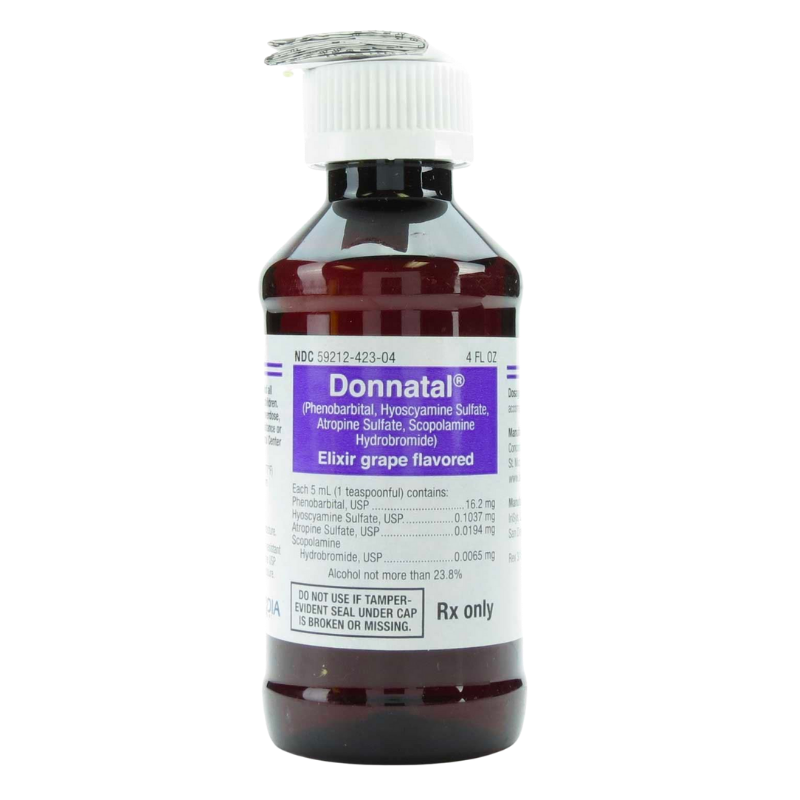
Is It Safe to Take CBD and Phenobarbital (Luminal) Together?
No, CBD and phenobarbital are not safe to be taken together.
Using CBD and phenobarbital together can have a high risk of interaction. CBD can raise phenobarbital levels in the body to unhealthy levels.
If you’ve been given a prescription for phenobarbital, it’s wise to speak to your doctor about using CBD or any other supplements first. Your doctor can assess your individual level of risk based on other health factors, family history, and underlying health conditions to determine if it’s safe to use CBD or not.
Is CBD A Viable Alternative to Phenobarbital (Luminal)?
While CBD doesn’t even come close to the potency of phenobarbital, there’s plenty of evidence that it can support many of the same disorders.
Many people turn to CBD or other non-toxic and non-addictive substances first before moving on to strong pharmaceuticals like Luminal. In many cases, CBD offers enough relief to avoid using phenobarbital. CBD is less specific and less potent than phenobarbital, so it may require a few days of treatment before seeing improvements.
CBD has received approval for use in the treatment of two seizure disorders, Lennox-Gastaut syndrome and Dravet syndrome. Studies have shown that using CBD as an adjunct in patients with Lennox-Gastaut syndrome decreased their seizures significantly [1].
CBD’s sedative effects on the nervous system have been shown to induce better sleep in users suffering from sleep disorders [2].
However, it may not be useful in severe cases of seizure disorders that need stronger drugs like phenobarbital.
What is Phenobarbital (Luminal)?
Phenobarbital is a prescription-only anticonvulsant drug belonging to the barbiturate class. It’s one of the oldest anticonvulsants still in use today. Luminal (the most common brand name for this medication) is used to treat various kinds of seizure disorders.
Phenobarbital (Luminal) Specs:

| Drug Name | Phenobarbital |
| Trade Names | Luminal, Epitan, Gardenal, Hypnobarb, Phenoseize, Pheno, Donnatal, Phenobarb, Phenohytro |
| Classification | Barbiturates |
| CYP Metabolism | CYP2C9, CYP2C19, CYP2E1 |
| Interaction With CBD | Metabolic competition, Agonist |
| Risk of Interaction | High |
What Does Phenobarbital (Luminal) Do?
Phenobarbital is a long-acting barbiturate and is used as an anticonvulsant, sedative, and hypnotic. It’s used to treat most types of seizure disorders, with the exception of absence seizures (it could make them worse).
Phenobarbital may cause sedative and hypnotic effects by acting on the polysynaptic midbrain reticular formation, which controls CNS arousal.
Phenobarbital works by increasing the amount of time the chloride ion channel remains open. It does this by interacting with gamma-aminobutyric acid-A (GABAA) receptor subunits.
Because of this, phenobarbital can increase the flow of chloride ions into the neuron, decreasing the excitability of the postsynaptic neuron. Hyperpolarizing this postsynaptic membrane decreases the general excitation of the postsynaptic neuron. It makes it harder for it to depolarize the neuron, causing the threshold for the action potential of the postsynaptic neuron to increase.
Phenobarbital stimulates GABA to create this hyperpolarization. It also directly blocks excitatory glutamate signaling, causing hypnotic and anticonvulsant effects. This ability increases the threshold of seizure and reduces its spread from a seizure focus.
Phenobarbital may also inhibit calcium channels, decreasing the release of excitatory transmitters.
Its use must be monitored very carefully as it can cause decreased levels of consciousness and decreased respiratory competency.
Side Effects of Phenobarbital (Luminal)
Phenobarbital can cause dependence and addiction. Phenobarbital is prone to abuse following long-term use.
Stopping the drug abruptly can cause withdrawal symptoms such as tremors, nausea, restlessness, etc. This can be avoided or reduced by lowering the amount used very slowly over a long period.
It may also increase the risk of suicide. It is not recommended for use in pregnancy and breastfeeding. It must be used with caution and in low doses in users with poor liver or renal function. It is contraindicated in severe respiratory depression, hypersensitivity, and porphyria.
Side effects of Phenobarbital (Luminal)
- Ataxia
- Constipation
- Diarrhea
- Dizziness
- Drowsiness
- Dysarthria
- Fatigue
- Headache
- Hepatotoxicity
- Hypersensitivity
- Hypocalcemia
- Irritability
- Megaloblastic anemia
- Mental dullness
- Memory lapse
- Nausea
- Nystagmus
- Osteomalacia
- Paradoxical excitement, hyperactivity in younger patients
- Paresthesia
- Rash
- Respiratory depression
- Restlessness
- Rickets
- Vertigo
- Vomiting
Related: What Are the Side Effects of CBD?
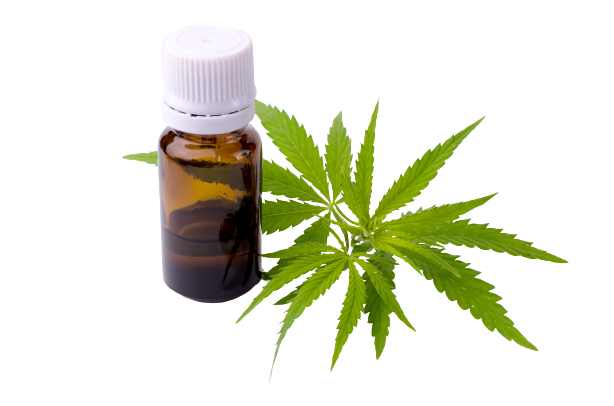
Key Takeaways: Is it Safe to Take Phenobarbital (Luminal) With CBD?
It’s unsafe to take CBD with phenobarbital as they have a high risk of interaction. CBD can slow down the metabolism and elimination of phenobarbital — making it more potent and increasing the risk of side effects.
Take these two drugs together only if recommended by your prescribing physician, and never take them on your own accord. In such conditions, side effects may be reduced by using a minimal dosage of both drugs. If you experience any unusual side effects after using phenobarbital and CBD together, seek medical attention immediately.
CBD has been approved to treat two seizure disorders, but its use in treating other seizure disorders like phenobarbital is a topic that needs more research.
References
- Devinsky, O., Patel, A. D., Cross, J. H., Villanueva, V., Wirrell, E. C., Privitera, M., … & Zuberi, S. M. (2018). Effect of cannabidiol on drop seizures in the Lennox–Gastaut syndrome. New England Journal of Medicine, 378(20), 1888-1897.
- Shannon, S., Lewis, N., Lee, H., & Hughes, S. (2019). Cannabidiol in anxiety and sleep: a large case series. The Permanente Journal, 23.
Signup to our newsletter
Be the first to know about our newest arrivals and special offers!
